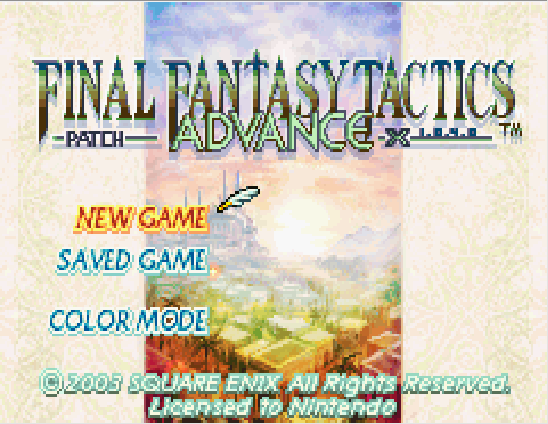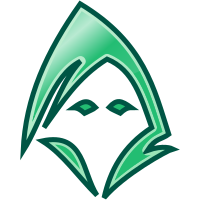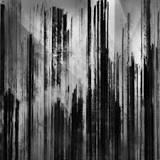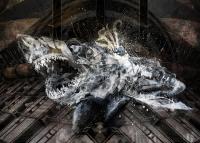Before I go any farther, this is something that has to be said. No one will make your mod for you. All of us who mod or hack these games do so because we love the game in question. Most games are pretty simple nowadays, and others have a few imperfections, but if polished could have shined like a diamond. We do what we do in order to shine these games to something closer to perfection. We do not do it for attention, or for recognition.
First and foremost, you need to figure out the scope of your mod. There's a pretty good article on this already, so I'll keep this part fairly brief. You need to figure out what kind of mod you want. You have to have some kind of vision. Do you want a difficulty mod? Do you want to rebalance the game and get rid of that one ability (or bring it more in line with the others) that makes everything really easy? You need to be able to answer these questions. You may not know exactly what kind of mod when you start. This is okay, just keep in mind that the lack of a vision will spell death for your project in the long run. Scope Creep is a very real concern, and something you always need to be aware of.
This next one is possibly the most important thing to understand: Time. Modding a game is a huge time commitment; it's not something that will be finished quickly. Any good mod has months, sometimes years of work put into it. Taking breaks is fine; no one will fault you for that, but this is something that needs to be understood. As a result, burn outs are a very real concern. Take breaks.
Alright, now that we have that out of the way, let's get into how you're actually going to mod your game. I'm going to list off the different tools you can use to accomplish this from the simplest to the most complex.
Editors
Thankfully, we have a wide range of tools at our disposal. The simplest and most popular of these are game editors. These are not universal, as no two games have exactly the same code. The quickest way to find one would probably be to use Google. For your benefit, I'll list off some popular games that we know to have functioning editors.
- Final Fantasy Tactics
- Final Fantasy [I-VII]
- Chrono Trigger
- Golden Sun
- Golden Sun: The Lost Age
- Dragon Warrior [1-4]
- Megaman [1-6]
- Ghosts n' Goblins
- Pokemon [Various]
- Fire Emblem [8] – The Sacred Stones
- Super Mario World
- Super Mario RPG: Legend of the Seven Stars
There are, of course, more than I've listed here, but you can do some research and find them rather easily. Zophar's Domain has a ton of them.
There are, however, times when a game does not have an editor, like Breath of Fire III for example. What do you do then? Well, at this point it's a lot more difficult if your game doesn't have documentation. Either way, at this point you need to rely on a few other tools.
Hex Editors
Hex Editors are basically what you're going to be hacking the game with. It basically opens the ROM or ISO and allows you to go in and edit the bytes of data (displayed in hexadecimal form) contained within. I won't go into this too much, as there are many, many resources available to you via Google. My preferred hex editor is HxD, if you're curious.
Tile Molester
Tile Molester is more for palette editing than tweaking the actual game. It essentially converts hex values to a color map. Each hex value corresponds to a different color. You can import palettes to make it easier. I'll be the first to say that editing color palettes via Tile Molester is a massive pain, as some of our modders can attest to.

See how that has "Patch" and "X" to the left and right of the usual title? That's done with Tile Molester.
Another thing to note is that you cannot load an ISO itself into Tile Molester, only ROMs. You can, however, extract files from the ISO and load them in Tile Molester. That's how you edit item icons or World Map Ramza in Final Fantasy Tactics.
Disassemblers
Let me just say right now that disassemblers are currently out of my league. I don't use them, because I don't know Assembly, the language that these games are coded in. If you don't know Assembly, you're not gonna get anything out these. Essentially, a disassembler allows you to track the data being called by the game so that you can find the bytes you're looking for easier. They're highly advanced.
I'd like to also add that if your game doesn't have an editor or extensive documentation, a disassembler is really your only option, because unless you know what bytes to change in a hex editor, you're not going to be modding anything.
As you can see, modding isn't something you can get done in five minutes with no effort. It's a process. You will never know everything when you begin; you will learn more modding your game than you ever could by playing it. Anyone who has a mod on here will tell you that.
Modding is fun, though. It's like breathing new life into a piece of your childhood to share with others. Always remember that no one here started modding knowing exactly what to do. We all started from the same place: with that one desire to make a clouded diamond shine.
Click here to view the article


























